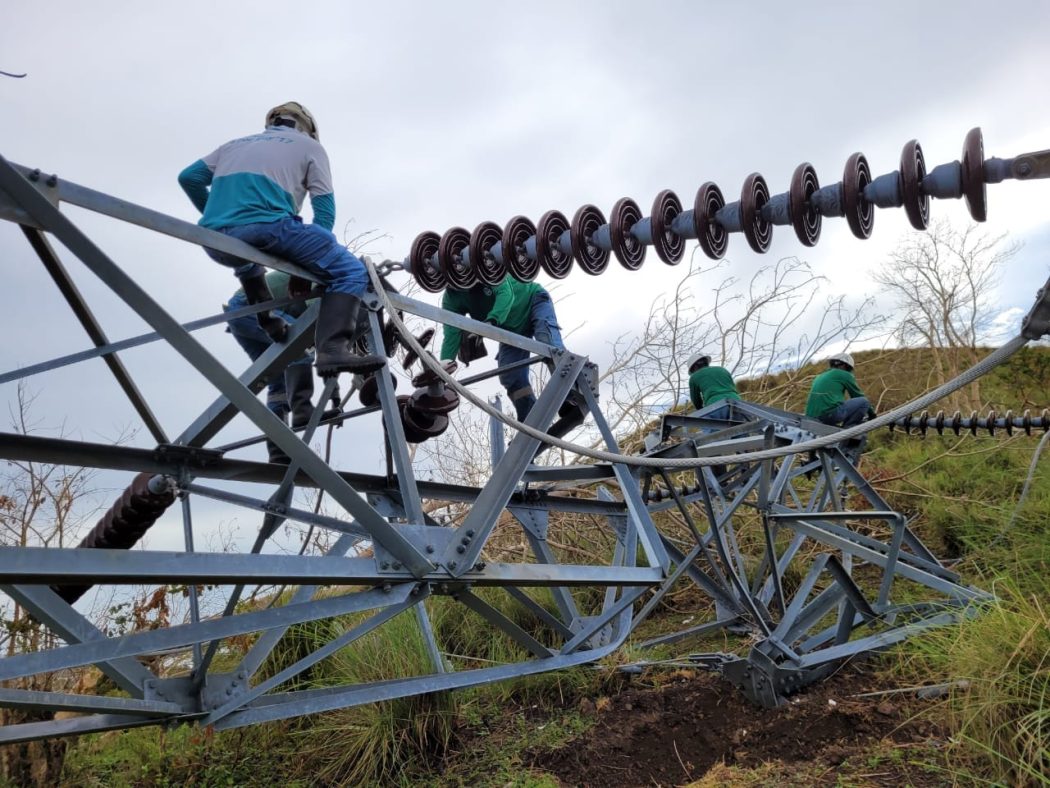Business tycoon Manny V. Pangilinan and the Department of Energy (DOE) say they are amenable to calls for the placement of electric cables underground in the wake of the widespread damage brought by Typhoon Odette to Visayas and Mindanao, especially to power facilities.
Pangilinan, whose MVP Group owns the Manila Electric Company (MERALCO), said that transferring utility lines underground will make them more resilient to typhoons, but doing so would require a considerable amount of time and resources.
“The short answer is put it underground. But the question is how much will it cost and who will pay for it? You cannot do it in one year or even five years. You got to have a long-term plan, 10 years, 15 years,” Pangilinan said in an interview on One News on Thursday.
“It costs a lot of money, so the question is who’s going pay for it? Is it the company? Is it the consumer? Or a bit of both?” he added.
Energy Usec. Felix William Fuentebella, meanwhile, said at a media briefing on Monday afternoon that the DOE is considering underground cabling “in selected areas,” as part of the Energy Resiliency Policy, which Energy Sec. Alfonso Cusi signed in 2018.
The policy was supposedly up for review this December given that the strategy is to be revisited every three years, but was pushed back given that assessments from Odette would now be accounted for.
Meanwhile, urban planner Paulo Alcazaren expressed that the real challenge lies in coordinated planning and knowing where to put the cables without affecting other systems, as some areas lack proper urban planning.
“It will take a lot of capital to transition below the ground. But it is possible it is safe, you can deal with earthquakes, you can deal with flooding and it all depends on how well you plan cities so you know where you need conduits underground,” Alcazaren emphasized in an interview, also on One News.
“We have a failure of planning, you cannot do this underground thing since it’s expensive unless you know beforehand like in Singapore, they know ten years, 20 years beforehand. They know the density of the buildings, they know the number of people, the number of utilities, the power requirements, drainage etcetera. That’s planning, what we have is after the fact,” he added.
Several bills have been filed before Congress for the establishment of a nationwide underground cable system prior to Odette. Among them is House Bill 5845 filed by Bagong Henerasyon Rep. Bernadette-Herrera-Dy in December 2019.
The bill, still pending at the committee level, would mandate all companies, service providers, and industries that use wires or cables to relocate them underground.
Photo from NGCP Facebook page.


